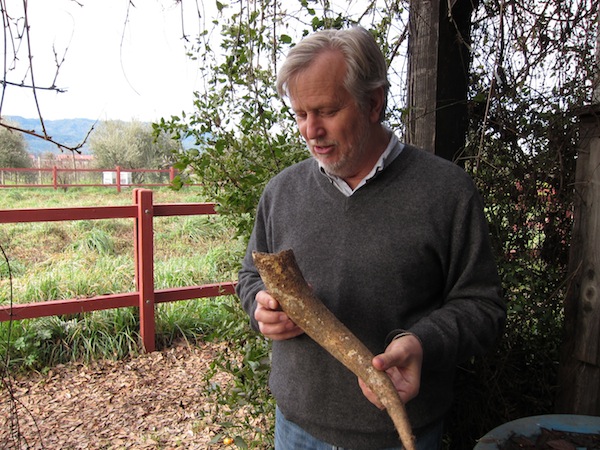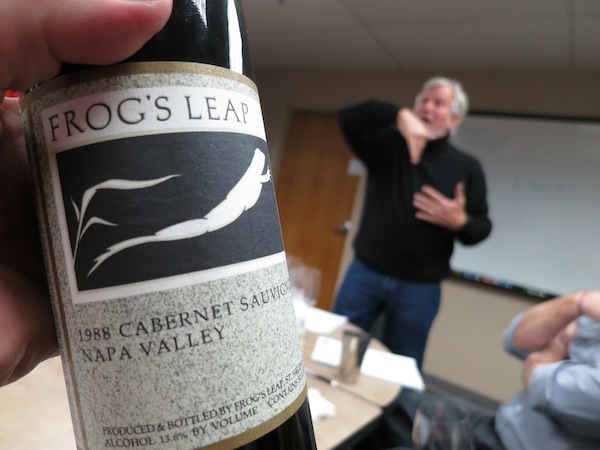As Earth Day approaches every year, we grow reflective, challenged by the perennial question, “what more could we do?”
What more could we do to reduce our environmental footprint? To help simpatico partners succeed in doing things right? To widen the audience, thirsty for more ecologically minded growers and winemakers? What more could we do for our planet, wild habitat, and the health of our friends and family, vineyard workers and winemakers? This year we are handing out millions of bee-friendly wildflower seeds to create more forage for our local pollinators. These are non GMO annual and perennial wildflower seeds, each in a plant-based, compostable envelope.
There is always more to be done and our ecologically minded endeavors at The Wine Company gain momentum each year. Our ever growing list of Sustainable, Organic, Biodynamic and Vegan wines expands year on year and has never been more enticing. Not merely for the sterling principle involved but the quality of these wines. Our commitments go on and on. From reducing our carbon footprint to minding our company garden and wildlife habitat, from championing wineries powered by renewable energy to embracing solar power for all our needs at The Wine Company.
By working together, our ongoing commitments become yours in turn. Buying wines from the growers who follow sustainable, organic and biodynamic methods, we embrace them in turn. Retailers and restaurateurs championing our imports from The Wine Company permit these worthy wines a wider reach, and thereby allow our greater networks in turn, a regular opportunity to take part in this constant endeavor, of making every day an Earth Day.
We thank you for your interest in our sustainable initiatives, for supporting our Sustainable, Organic, and Biodynamic selections, and for our combined commitment to #makingeverydayanearthday.









